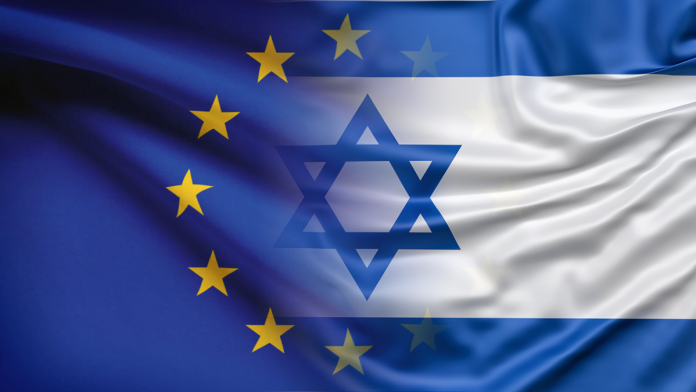A major debate is taking place in Europe as the European Union considers sanctioning Israel over its military campaign in Gaza. The move follows mounting allegations of genocide and growing international concern about the humanitarian crisis. Leaders and analysts are now questioning whether such economic measures could change Israel’s actions or if they will remain largely symbolic.
Sanctions Proposal Sparks Intense Debate
The European Commission has proposed suspending trade benefits that Israel currently enjoys with the EU. These benefits, under existing agreements, provide Israel with easier access to European markets. If approved, the suspension would limit those advantages and signal the EU’s disapproval of Israel’s conduct in Gaza.
Alongside this, the proposal also calls for targeted sanctions on two Israeli ministers and settlers in the occupied West Bank. These sanctions may include travel bans and asset freezes aimed at restricting financial activity. Officials in Brussels say the measures are meant to respond to the severity of the situation in Gaza and to show accountability for those driving the conflict.
EU and India explore trade and security pact under shadow of Russia sanctions
The use of sanctions is not new for the EU. In the past, similar steps have been taken against governments accused of violating human rights. This time, however, the debate is especially tense given the sensitivity of the conflict and the EU’s divided positions on Israel.
Divided Voices Inside Europe
Any sanctions require unanimous approval from all 27 member states of the European Council. This makes decision-making more complicated. Some governments have strong political or security ties with Israel and are reluctant to support punitive steps. Others argue that the scale of destruction in Gaza leaves the EU with no choice but to act.
European affairs analyst Yannis Koutsomitis has explained that divisions within the EU could delay or even block the sanctions process. Political analyst Akiva Eldar has highlighted that even if the EU manages to impose sanctions, Israel may not quickly change its policies due to internal political dynamics. Ulrich Bruckner, professor of political science, has pointed out that sanctions often carry more symbolic weight than immediate impact, particularly when agreement among all member states is difficult to achieve.
This division reflects wider disagreements about how Europe should respond to conflicts involving close partners. While some leaders stress the need for a united stance on human rights, others fear that sanctions could damage diplomatic or trade relations.
Questions Over Effectiveness
Even if the EU overcomes its internal differences, questions remain over whether sanctions can achieve their intended goals. Israel has significant economic and trade links with other global powers. If European markets become less accessible, Israel may shift more of its trade toward other regions. This limits the potential pressure the EU can apply.
Trump links new tariffs on India and China to joint EU action against Russia
Sanctions are also known for being slow to take effect. Their first impact is often political, sending a message of disapproval rather than producing immediate change. In this case, while the measures may isolate Israeli leaders diplomatically, it is unclear how quickly they could alter military decisions on the ground.
Another concern involves unintended consequences. Restrictions on trade may disrupt the supply of essential goods. Humanitarian agencies warn that such steps could worsen the crisis for civilians in Gaza, who are already facing severe shortages. Civilians in Israel may also feel the economic effects, adding further layers of complexity to the situation.
Supporters of sanctions argue that, despite these challenges, the EU has few other peaceful tools to influence Israel’s actions. They say the proposed measures are a way of showing solidarity with international law and of signaling that alleged war crimes cannot be ignored. Critics, however, caution that sanctions alone may not stop the violence and could deepen political divisions both within Europe and in the region.
As the discussions continue, the humanitarian toll in Gaza remains at the center of international attention. The EU now faces the difficult task of deciding whether sanctions are a necessary step or whether they risk creating more complications without bringing meaningful change.


